Congratulation to Dr. Orlanda Harvey (Social Work), Dr. Terri Cole (Psychology) and Dr. Jane Healy (Criminology) who in collaboration with Jade Levell, a colleague at the University of Bristol, had their article ‘Explorations of attitudes towards accessibility and accessing domestic violence and abuse (DVA) perpetrator support programmes by victim-survivors and perpetrators across five European countries’ accepted by the journal Abuse: An International Impact Journal [1]. This paper reports on an international mixed-methods study exploring victim-survivors and perpetrators’ attitudes towards perpetrator support programmes. The study includes a questionnaire survey of victim-survivors and interviews with male perpetrators conducted in five European countries.
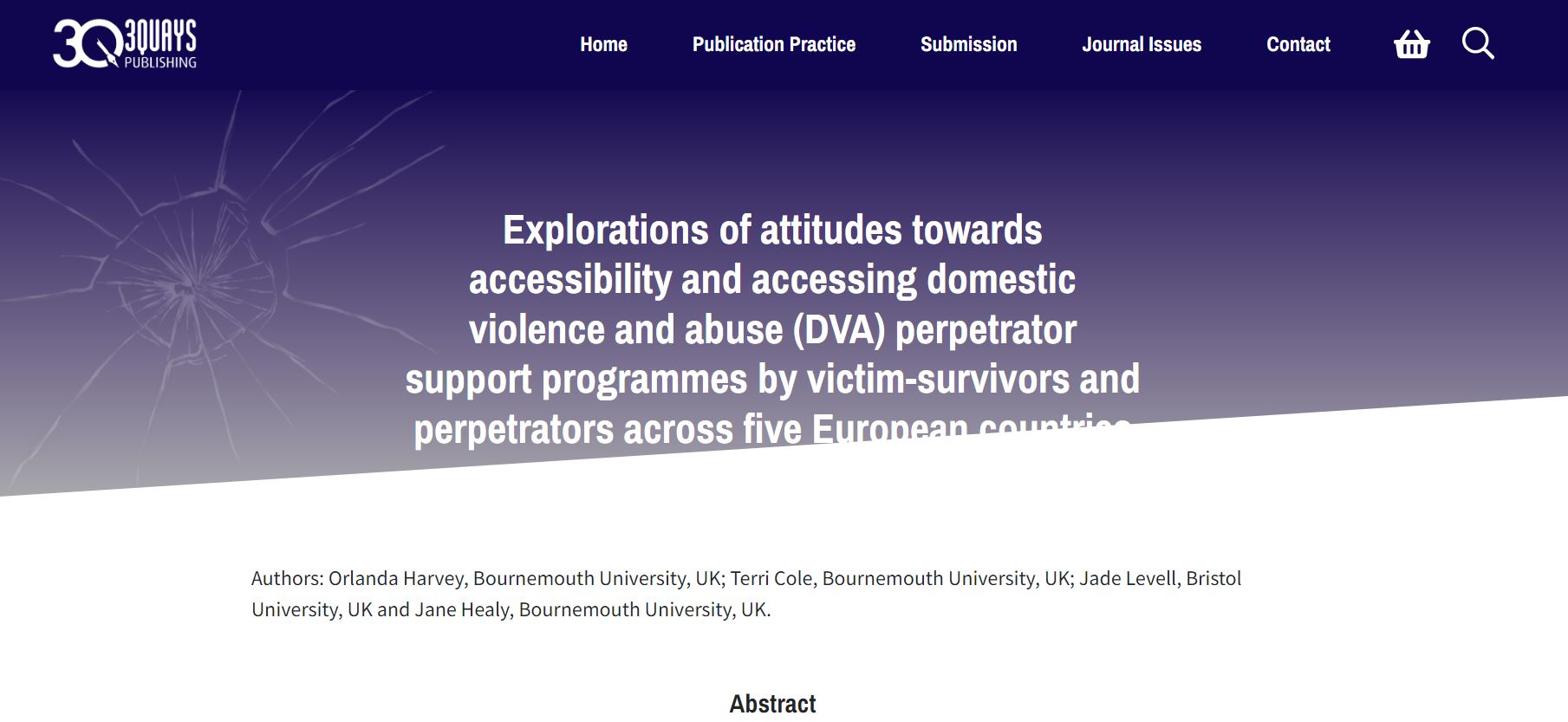 Results showed that of the 93 victim-survivors of domestic violence and abuse, half stated they would have stayed in their relationship with perpetrators if the abuse had stopped, and a similar number reported that they believed their relationships would have been different had there been help for the perpetrator. Analysis of perpetrator interviews showed that they faced barriers to obtaining support, such as being labelled a ‘perpetrator’ which, had they been addressed, may have enhanced their engagement with services. Whilst acknowledging the need for safeguarding and justice, this paper demonstrates the importance of reflecting both victim-survivor and perpetrator needs in order for perpetrators to fully engage with support services. Moreover, it highlighted the need to address the underlying societal issues related to hegemonic masculinity, which can lead to the abuse of women being normalised and the vulnerability of men being stigmatised, through education for young people around healthy relationships.
Results showed that of the 93 victim-survivors of domestic violence and abuse, half stated they would have stayed in their relationship with perpetrators if the abuse had stopped, and a similar number reported that they believed their relationships would have been different had there been help for the perpetrator. Analysis of perpetrator interviews showed that they faced barriers to obtaining support, such as being labelled a ‘perpetrator’ which, had they been addressed, may have enhanced their engagement with services. Whilst acknowledging the need for safeguarding and justice, this paper demonstrates the importance of reflecting both victim-survivor and perpetrator needs in order for perpetrators to fully engage with support services. Moreover, it highlighted the need to address the underlying societal issues related to hegemonic masculinity, which can lead to the abuse of women being normalised and the vulnerability of men being stigmatised, through education for young people around healthy relationships.
Congratulations
Prof. Edwin van Teijlingen
Centre for Midwifery & Women’s Health

Reference:
Harvey H., Cole T., Levell, J., Healy J. (2024) ‘Explorations of attitudes towards accessibility and accessing domestic violence and abuse (DVA) perpetrator support programmes by victim-survivors and perpetrators across five European countries’, Abuse: An International Impact Journal 5(1): 26-45 https://doi.org/10.37576/abuse.2024.055
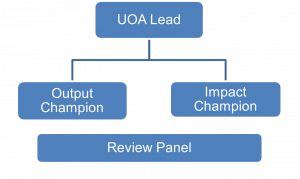
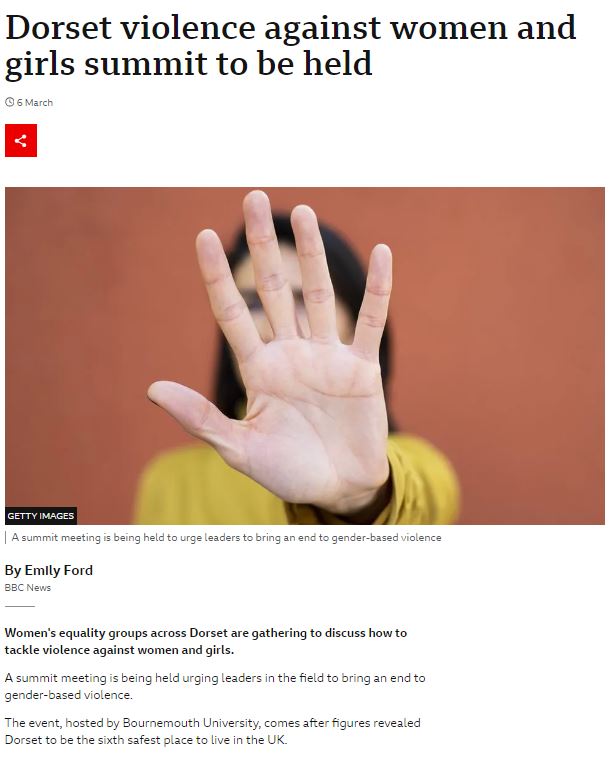

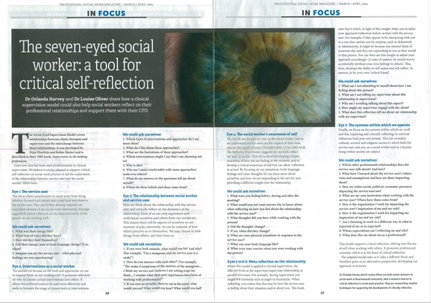
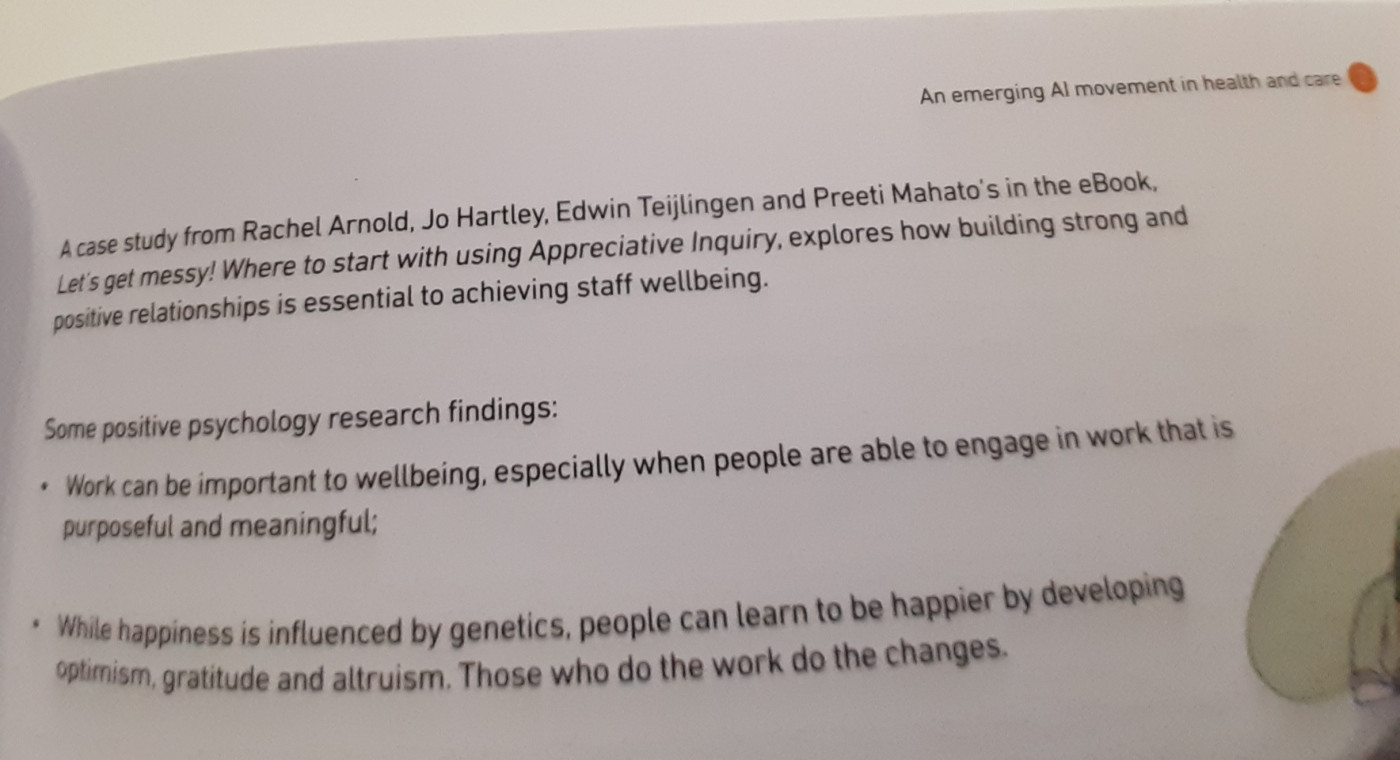
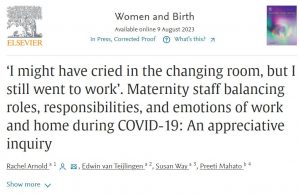
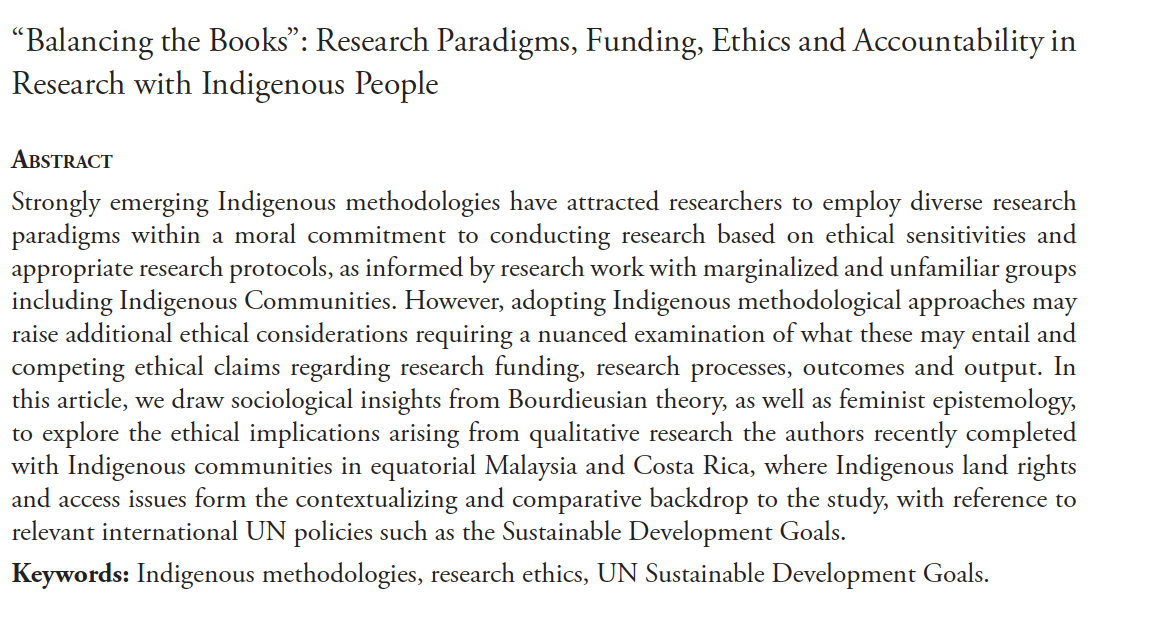
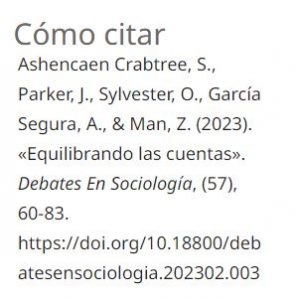
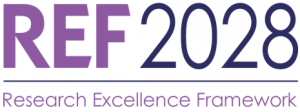
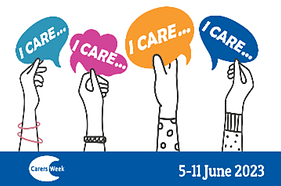 Jason, Katya, and Lesley for all your most generous contributions to this project so far, and for sharing your important experience, insight, and expertise.
Jason, Katya, and Lesley for all your most generous contributions to this project so far, and for sharing your important experience, insight, and expertise.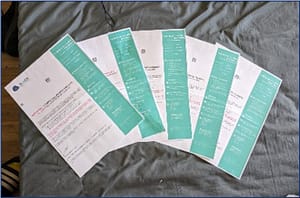

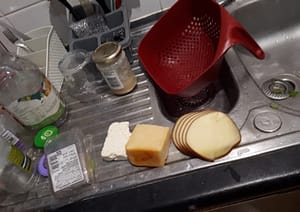
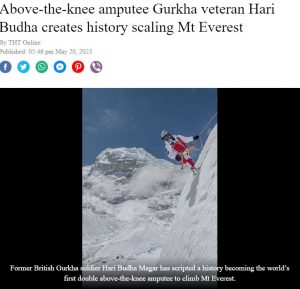

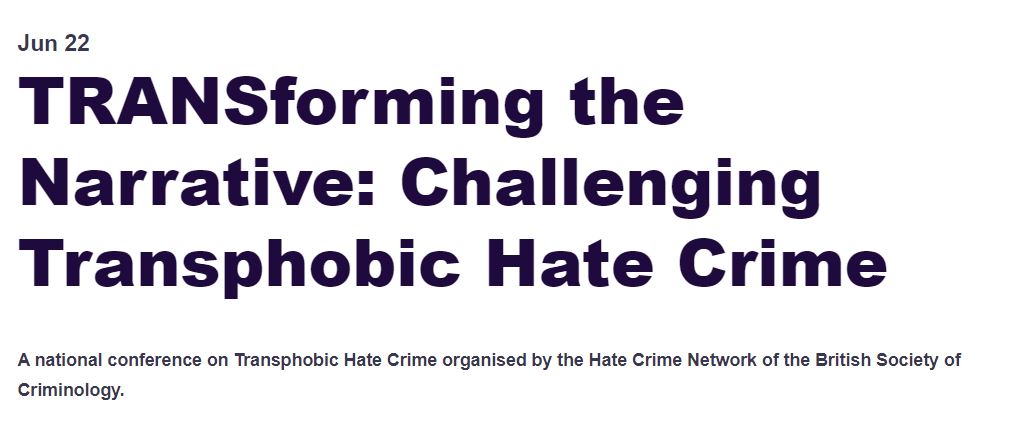
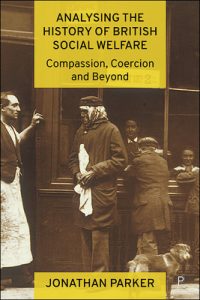
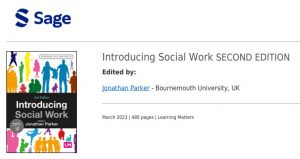
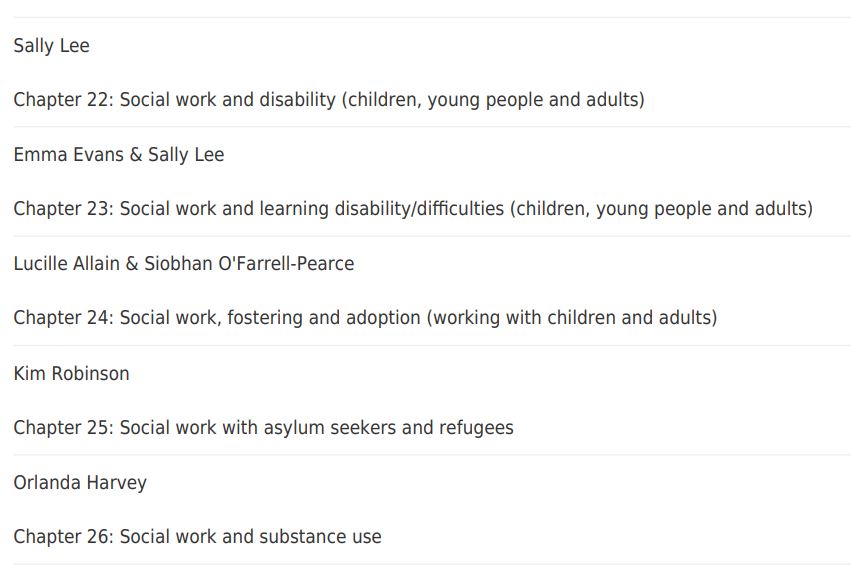
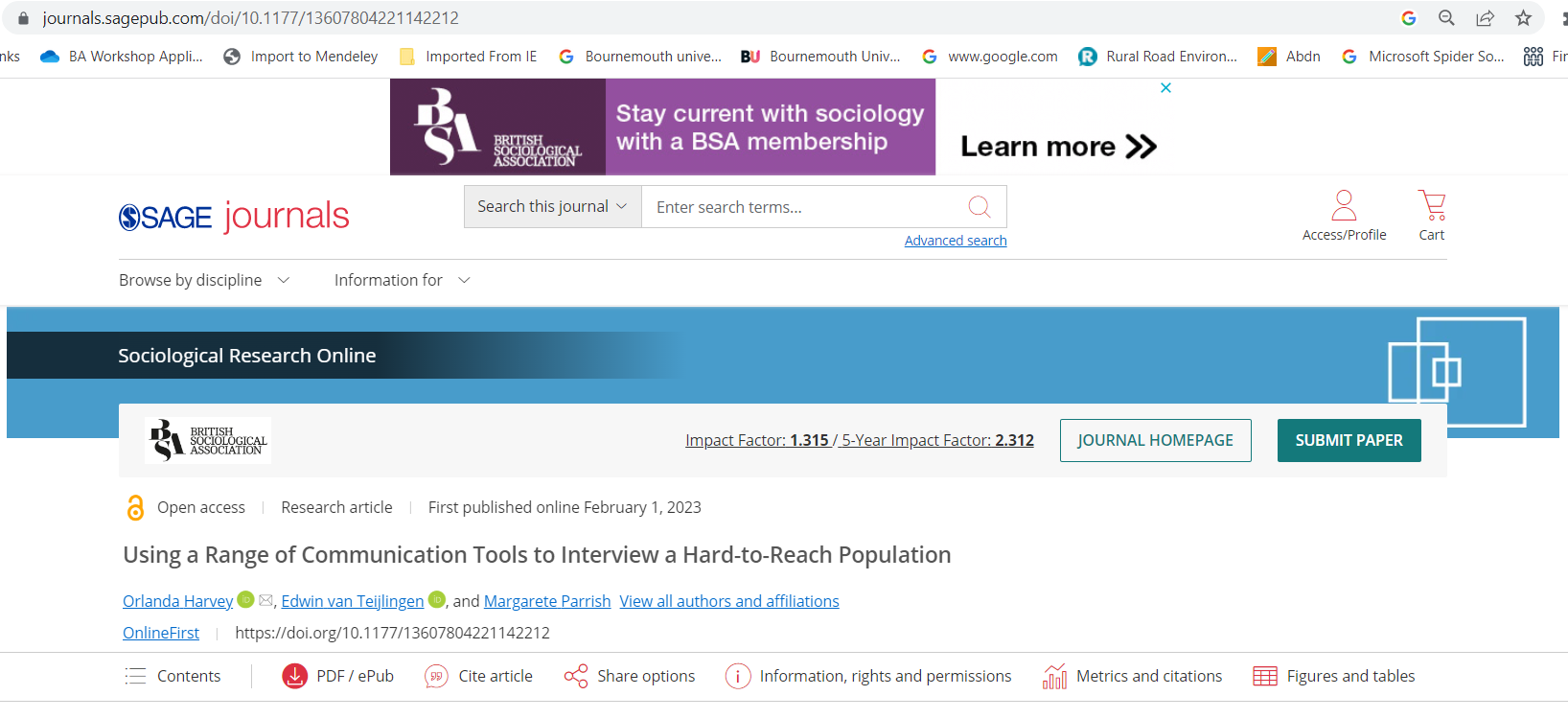

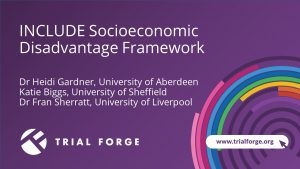












 Writing policy briefs
Writing policy briefs Upholding Excellence: The Concordat to Support Research Integrity
Upholding Excellence: The Concordat to Support Research Integrity Today’s Documentation Will Serve Tomorrow’s Justice
Today’s Documentation Will Serve Tomorrow’s Justice Up2U: New BU academic publication
Up2U: New BU academic publication New BU midwifery paper
New BU midwifery paper ECR Funding Open Call: Research Culture & Community Grant – Application Deadline Friday 12 December
ECR Funding Open Call: Research Culture & Community Grant – Application Deadline Friday 12 December MSCA Postdoctoral Fellowships 2025 Call
MSCA Postdoctoral Fellowships 2025 Call ERC Advanced Grant 2025 Webinar
ERC Advanced Grant 2025 Webinar Horizon Europe Work Programme 2025 Published
Horizon Europe Work Programme 2025 Published Horizon Europe 2025 Work Programme pre-Published
Horizon Europe 2025 Work Programme pre-Published Update on UKRO services
Update on UKRO services European research project exploring use of ‘virtual twins’ to better manage metabolic associated fatty liver disease
European research project exploring use of ‘virtual twins’ to better manage metabolic associated fatty liver disease